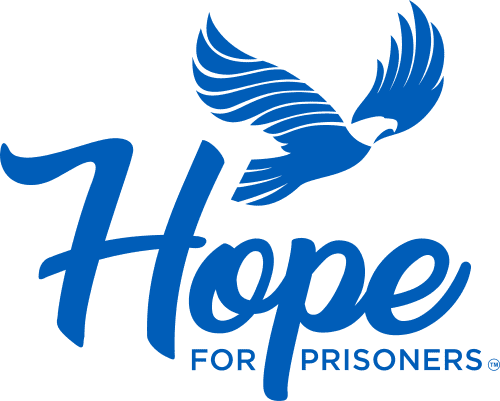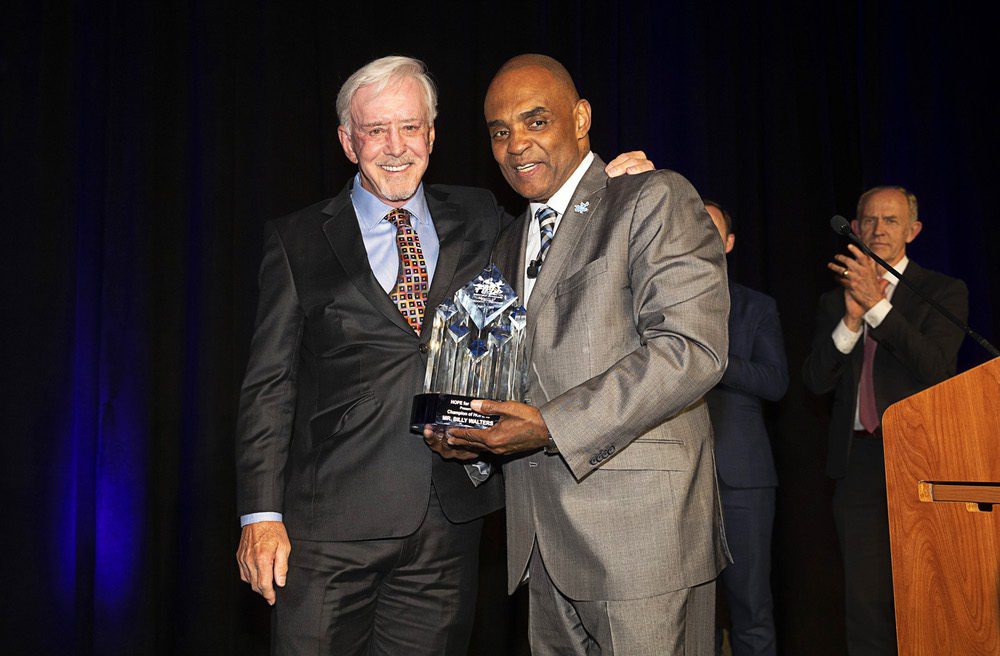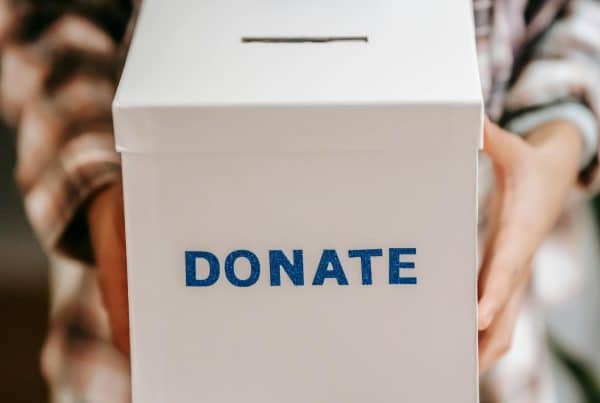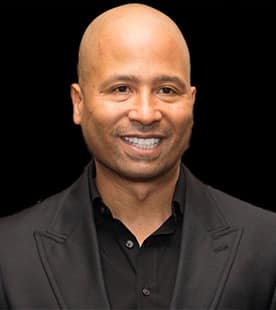At a fundraising event and award ceremony in Las Vegas on April 19, the nonprofit Hope for Prisoners honored local philanthropist and retired professional gambler William “Billy” Walters with its highest award—and announced funding for new vocational infrastructure at Southern Desert Correctional Center.
The Clark County-based organization, which helps formerly incarcerated people with job training and re-entry, presented the Champion of Hope award to Walters. Hope for Prisoners Founder and CEO Jon Ponder also announced a total of $4 million in donations from Walters and a match by the Engelstadt Foundation for a commercial drivers license vocational school inside the Indian Springs facility.
“I truly believe this will be a generational change, because … mom or dads come home [and] could possibly [become] an electrician or plumber or auto technician or a truck driver. And they’re no longer going to be a criminal,” Walters said in remarks after accepting his award.
“In order to make a real change in our country, this is where it has to begin,” he said.
The school will be operated in “partnership” between Hope for Prisoners and the Nevada Department of Corrections (NDOC). Students enrolled in the school would be able to get commercial licenses through coordination with the Nevada Department of Motor Vehicles, Ponder said.
Walters, a champion poker player and generous benefactor of Opportunity Village and several other local nonprofits, was sentenced to five years in prison in 2017 after he was convicted of conspiring to commit insider trading. He served nearly four years before his sentence was commuted in 2021 by then-President Donald Trump.
Since his conviction was announced, Walters has maintained his innocence. He has a memoir slated for release in August. At the event, which took place at Resorts World, he recounted the “one positive experience” from his time in prison—an opportunity to mentor other men while there.
“Some of them had been in prison as long as 25 years. … They were going home. And they were terrified … of what was in store for them,” Walters said. “They had families. But they had no job skills whatsoever. And deep down, they knew they were going to be back in prison. Because the only life they understood was a life of crime.”
Walters’ address followed one from writer, activist and keynote speaker Alice Johnson, who served nearly 22 years of a mandatory life sentence for nonviolent drug offenses. She, too, had her sentence commuted by Trump, who notably pardoned both her and Ponder at the 2020 Republican National Convention.
During the event, the high visibility of people who had previously been labeled offenders bolstered the nonprofit’s mission of supporting formerly incarcerated people with vocational services and reentry programs—giving them tools they need to obtain employment and stability, and to never return to jail.
While ex-prisoners might be subject to stigma and criticism in the wider community, the nonprofit’s community of impacted people provide a source of empathy for clients, even beyond Nevada.
“April is National Second Chances Month,” emcee Punam Mather said at the start of the event. “What is really so special about tonight [is that] there are cameras. … We are actually live streaming into departments of corrections around the country.”
Hope for Prisoners representatives said the event was livestreamed to corrections facilities in Arizona, Florida, Missouri, New Jersey, and South Carolina. Nevada Gov. Joe Lombardo, who worked with Hope for Prisoners when he served as Las Vegas Metropolitan Police Sheriff, gave pre-recorded remarks at the beginning of the event. And throughout, speakers acknowledged anyone who might have been tuning in.
“My connection with those who are looking at this livestream, is that I am still one of you. I’m just a free one of you,” Johnson said in remarks. “I’m not just talking about giving someone an opportunity. … When you give a person a second chance, it changes communities.“
Ponder said the vocational school—estimated to cost around $9 million to stand up—will reduce unemployment among newly released prisoners.
“I think this is something that is going to be the greatest asset to NDOC,” Ponder said in his remarks. “It is going to be the greatest asset to the people who we have the privilege to serve, so we can train them and equip them, get them licensed and certified, so that when they get released in our community, we can tie that directly with employment.”
The founder also attributed Nevada’s low recidivism rate partly to the work of Hope for Prisoners. According to a 2019 NDOC report, Nevada’s recidivism rate—the “proportion of felony offenders who return to prison within 36 months of release—was just above 30% in 2012, compared to a national average of more than 50%.
Full article here: https://lasvegasweekly.com/news/2023/apr/21/hope-for-prisoners-to-launch-vocational-school-ins/#/0
